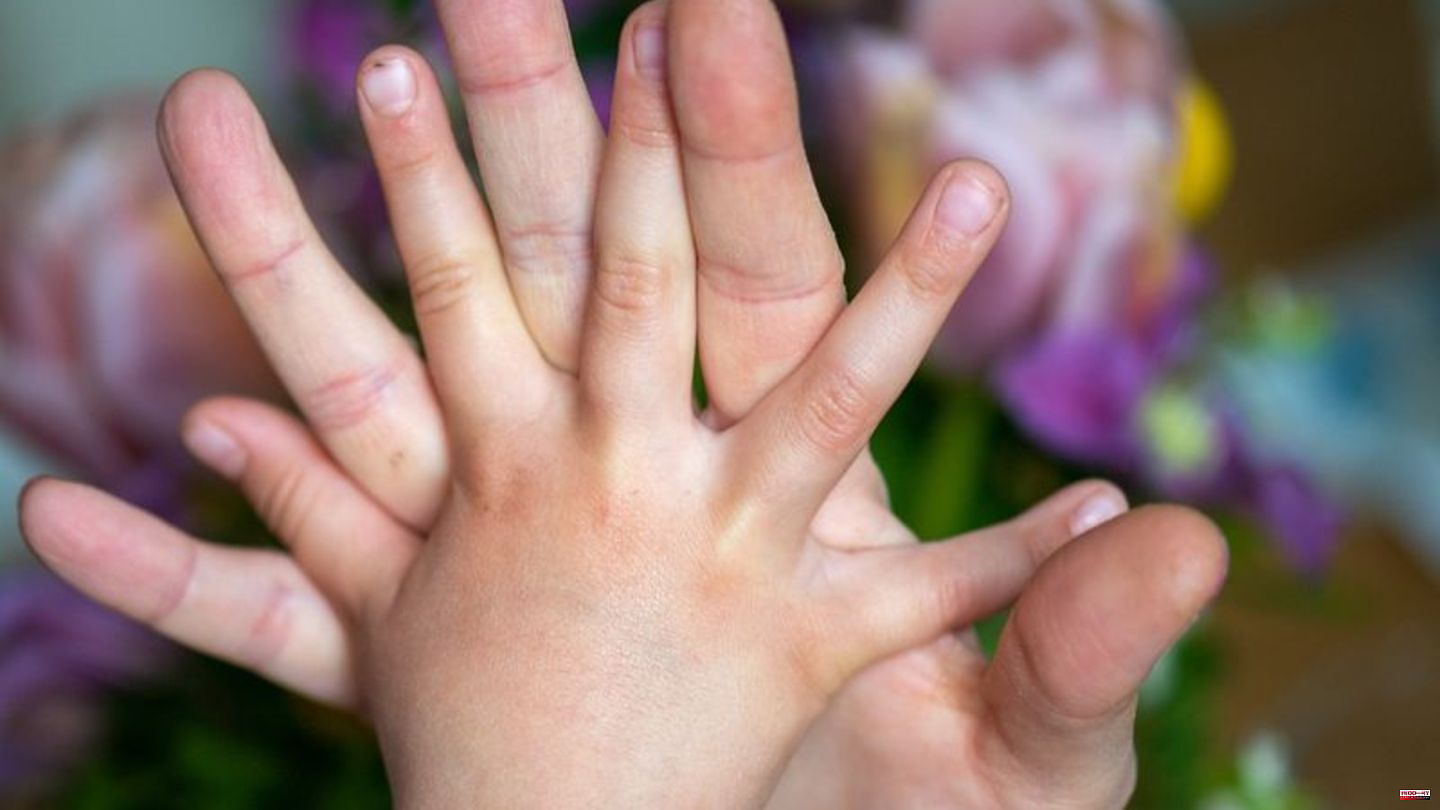With the outbreak of the corona pandemic, everyday life has changed fundamentally for many people in Germany. Families were also faced with new challenges - for example, how can working from home and childcare be reconciled? The war in Ukraine and inflation are now adding unsettling factors. A recent study by the magazine "Eltern" and the research institute mindline media examined how families deal with crises.
According to the survey, in difficult times it is above all their own children who give parents strength. Accordingly, with 79 percent of those surveyed, a large majority stated that young people were the most important source of energy. In second place is the partner (62 percent), followed by the social environment (52 percent). According to the results, being together within the family also plays an important role. Almost half (49 percent) of the mothers and fathers surveyed, who could tick more than one answer, find that family rituals are empowering.
Shared meals
In households that maintain these daily traditions, eating together is the top priority for eight out of ten families (83 percent). Family vacations and excursions (76 percent) or bedtime rituals (68 percent) are also popular.
In May of this year, 1,049 people nationwide with children aged 0 to 14 were interviewed online for the study. According to the results, many of the study participants are more worried than they were two or three years ago - wars or economic development, for example, led to uncertainty.
Since then, however, attitudes towards life have also changed in a positive sense: 43 percent stated that they felt the cohesion in the family to be even more valuable than before. Multiple answers were also possible here. A large majority of those surveyed who work from home agreed completely or rather that the relationship with the children had become even closer as a result (81 percent) and that everyday family life could be made more flexible (86 percent).
Press release on the study












